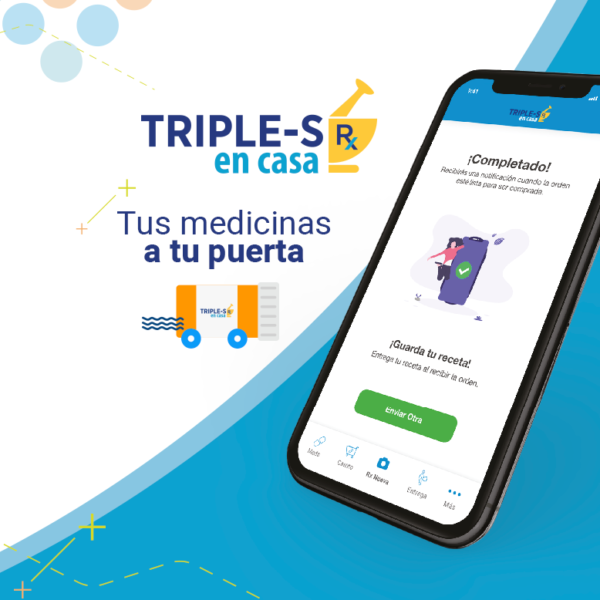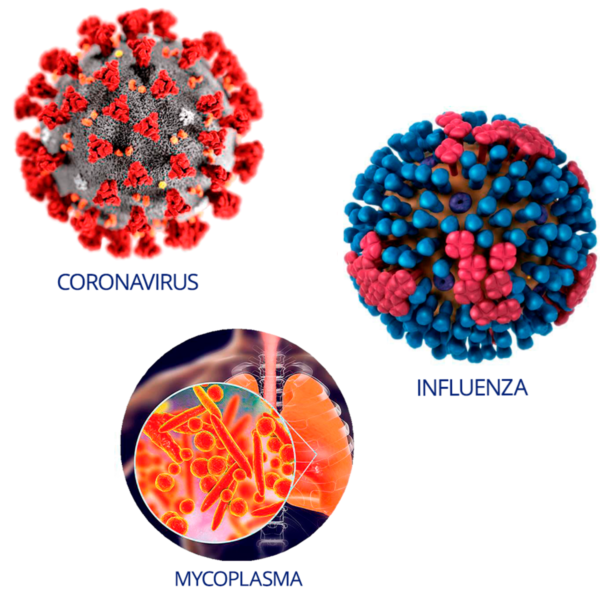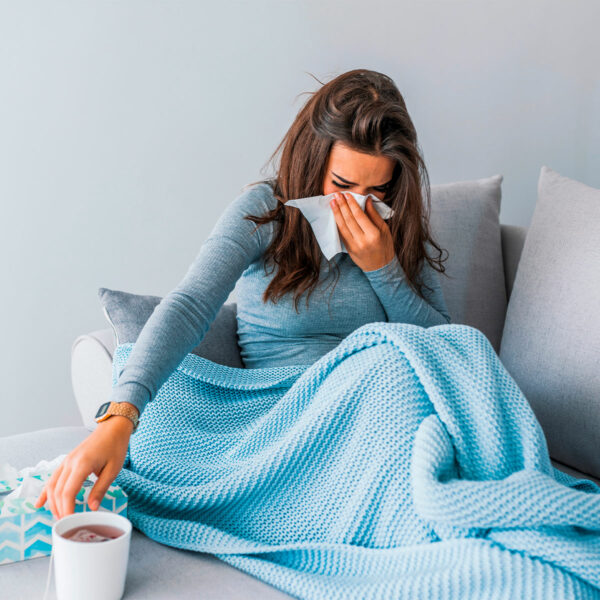If you’ve had chickenpox, the virus will stay in your body and could become active again later in life and cause shingles.
Shingles present as a painful skin rash that can feel tingly and itchy. The rash comprises blisters forming a stripe on the skin, curving around like a snake, and mostly scab over within 7 to 10 days. Other symptoms may be fever, headaches, chills, and an upset stomach. Shingles are caused by herpes zoster, the same virus that causes chickenpox. It may appear on one side of the body or face and even affect the eye and lead to vision harm.
If you’ve had chickenpox, the virus stays in your body and can become active in the form of shingles later in life. Most people only get shingles once in their life, but there have been cases where it is recurrent. As with chickenpox, the virus is contagious. Others could catch the virus from direct contact with the patient if they’ve never had chickenpox or been vaccinated against it. It is as simple as breathing in the virus particles released from blisters. If they get infected, they will have chickenpox, not shingles, but they would be based on getting shingles in the future.
What to do to prevent shingles? The first thing is getting vaccinated. The Centers for Disease Control and Prevention (CDC) suggests two doses for children, teens, and adults who have never had chickenpox. The vaccine is known as MMRV, and it protects children against chickenpox, measles, mumps, and rubella, a similar disease characterized by skin rashes. If you’ve already had chickenpox, probably as a child, you should get vaccinated against shingles. This vaccine, known as Shingrix, is over 90% effective in preventing shingles. The CDC recommends two doses of recombinant zoster vaccine (RZV, Shingrix) in adults over 50 years old or for people over 19 years old whose immune system has been compromised due to an illness or treatment.
But if you get shingles, it is essential to get protected to avoid spreading it. In this case, avoid encountering people who have never had or have never been vaccinated against chickenpox. Cover your rash. Avoid touching or scratching it. Wash your hands frequently for at least 20 seconds.
Those with this disease report that it is highly uncomfortable, painful, and even debilitating. The best way of getting rid of it is getting vaccinated. Talk to your doctor to learn more and plan your vaccines.
TSS-MKT-5136-2023-B










